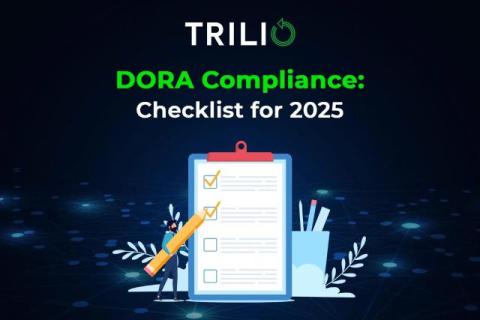New Law Could Mean Prison for Reporting Data Leaks
The Turkish government is proposing a controversial new cybersecurity law that could make it a criminal act to report on data breaches. The new legislation proposes penalties for various cybersecurity-related offences. But they key one which has people concerned is this: The problem is, of course, that such a law may discourage the reporting of any potential data leaks.










